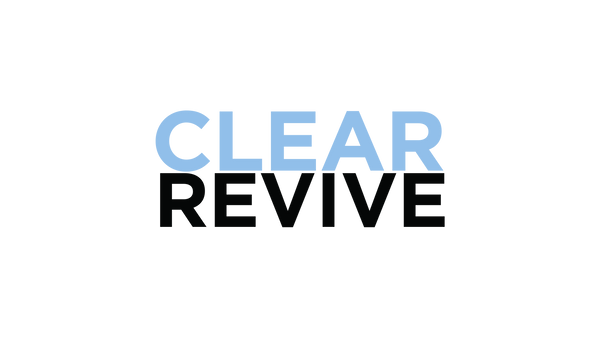If you live in any of the western coastal states in the United States., then you’ve likely experienced the surge in the wildfires in recent years. The hot weather paired with extremely low humidity and high winds provide the perfect storm for wildfires to spark and spread quickly.
Even if your neighborhood isn’t directly affected by the fires, the smoke from the fires can travel hundreds of miles impacting the air quality and affecting vulnerable populations.
Here we will outline the main health risk factors associated with wildfires and some tips for keeping yourself and your loved ones healthy, breathing freely, and keeping respiratory system problems at bay.
Why Wildfire Smoke Is Unhealthy
The main health risk associated with the wildfires comes from the smoke. Most wildfire smoke is a combination of gases and particles resulting from the burning of trees and brushes which causes burns in the eyes, respiratory irritations, headaches, sore throat, congestion, fatigue, and complications for individuals with chronic lung or heart conditions.
Besides people with lung and heart disease who have the most elevated risk associated with wildfire smoke, pregnant women, young children and the elderly are also amongst high-risk populations susceptible to developing significant complications from the smoke.
How To Protect Your Health From The Smoke
Although exposure to the smoke from the wildfires seems inevitable, there are steps you can take to reduce your health risks and the side effects associated with the smoke.
Reduce Exposure
It seems like a no-brainer but the best remedy is prevention. Avoid the wildfire areas both during and after the fire as harmful smokes can linger for many days depending on the landscape. Follow all evacuation orders to avoid getting stuck in the smoke. Sometimes, however, the smoke can not be avoided. In those cases, we recommend keeping a stock of N95 or P100 masks at hand. N95/P100 masks are designed to filter out the smallest particles of dust and mold and are highly effective in protecting the lungs from smoke hazards. It is important to note that standard dust masks will not protect your health from the fires. You can buy N95/P100 masks online or from a hardware store.
Keep Indoor Air Clean
Even if your home or neighborhood is not directly impacted, wildfires can impact the air quality over massive stretches of land. Health experts recommend keeping all your doors and windows tightly closed and running the air conditioner if you have one. If you do not have an AC unit and it is too hot to remain indoors, very often there are evacuation centers set up in areas impacted by the fires that provide cool and comfortable refuge. Better safe than sorry!
Pregnant women, children, the elderly, and individuals with heart or lung disease are advised to remain indoors if smoke from the fires can be seen or smelled. If you are amongst the high-risk population, make sure to consult your doctor about specific steps you can take to reduce your risk like using a natural saline spray like Clear Revive to protect your sinuses.
Keep Sinuses Clear & Moist
Wildfire smoke can cause respiratory and sinus irritations, runny nose, and sore throat amongst other unpleasant symptoms. The small particles in the smoke paired with the hot and dry air, cause irritation and allergic responses in the nostrils and sinuses. Keeping your sinuses clean is therefore critical for preventing and mitigating the unpleasant respiratory symptoms associated with wildfires.
Using a Neti Pot or Saline Nasal Spray is a great solution that helps flush out the irritants and keep the nasal passages lubricated and healthy, however, the Neti Pot can be inconvenient outside the home which is why we prefer an easy on-the-go solution like our Clear Revive all-natural nasal spray.
Use A Humidifier
One of the challenges with the wildfires is the extremely dry air which can irritate the nasal passages, sinuses, and the lungs. Although the saline nasal spray and Neti Pot help deliver moisture and temporary relief, using a humidifier at home is also a helpful way of keeping the indoor air healthier especially for the high-risk population. We recommend using a few drops of respiratory support essential oils like Eucalyptus Oil or Peppermint Oil in the humidifier to enhance the benefits.
Conclusion
Wildfire smoke can be extremely harmful to your health, it is therefore important to protect yourself and your family by both reducing exposures, and by creating a wildfire first-aid health kit to maintain respiratory health.
Wildfires seem inevitable but negative effects from the smoke don’t have to be; a little preparation can go a long way!

